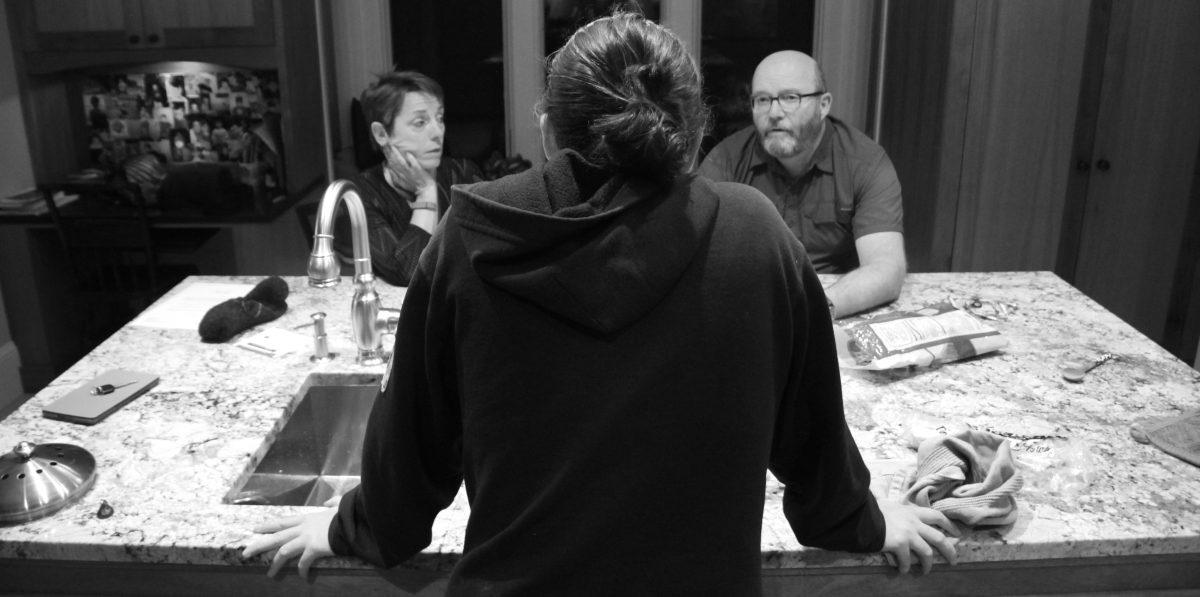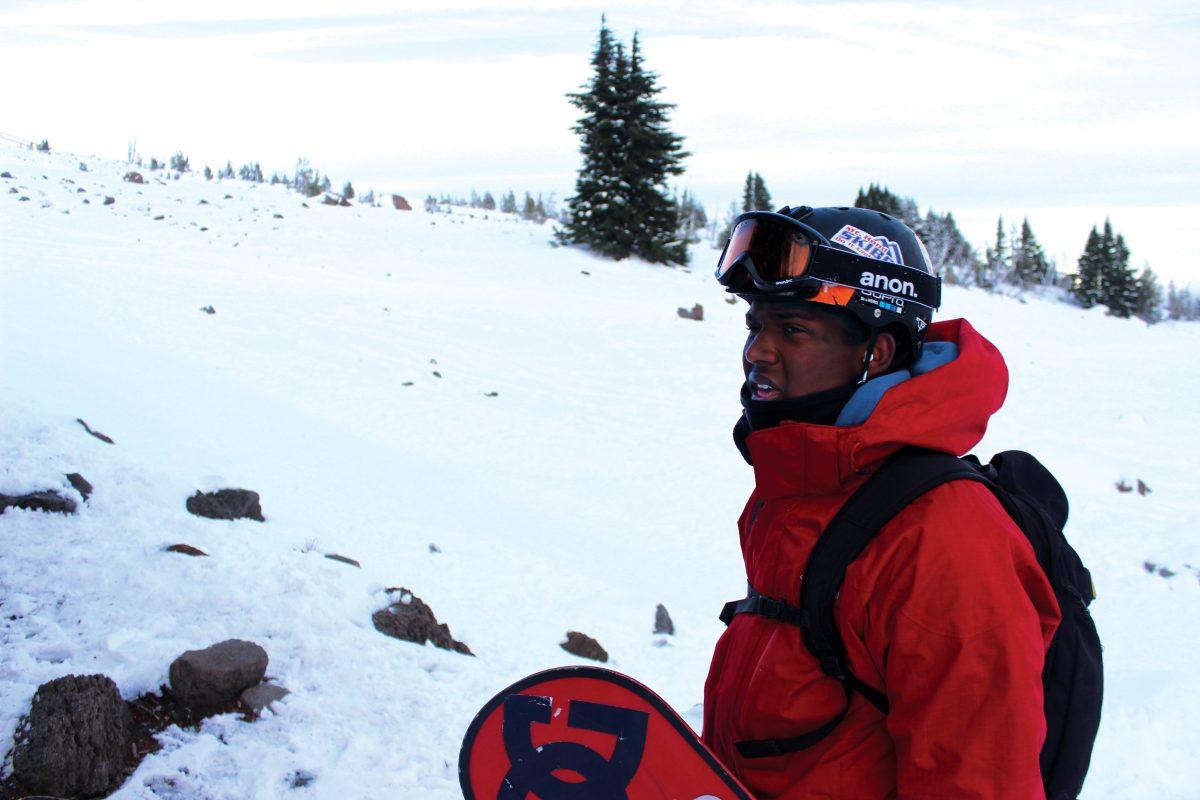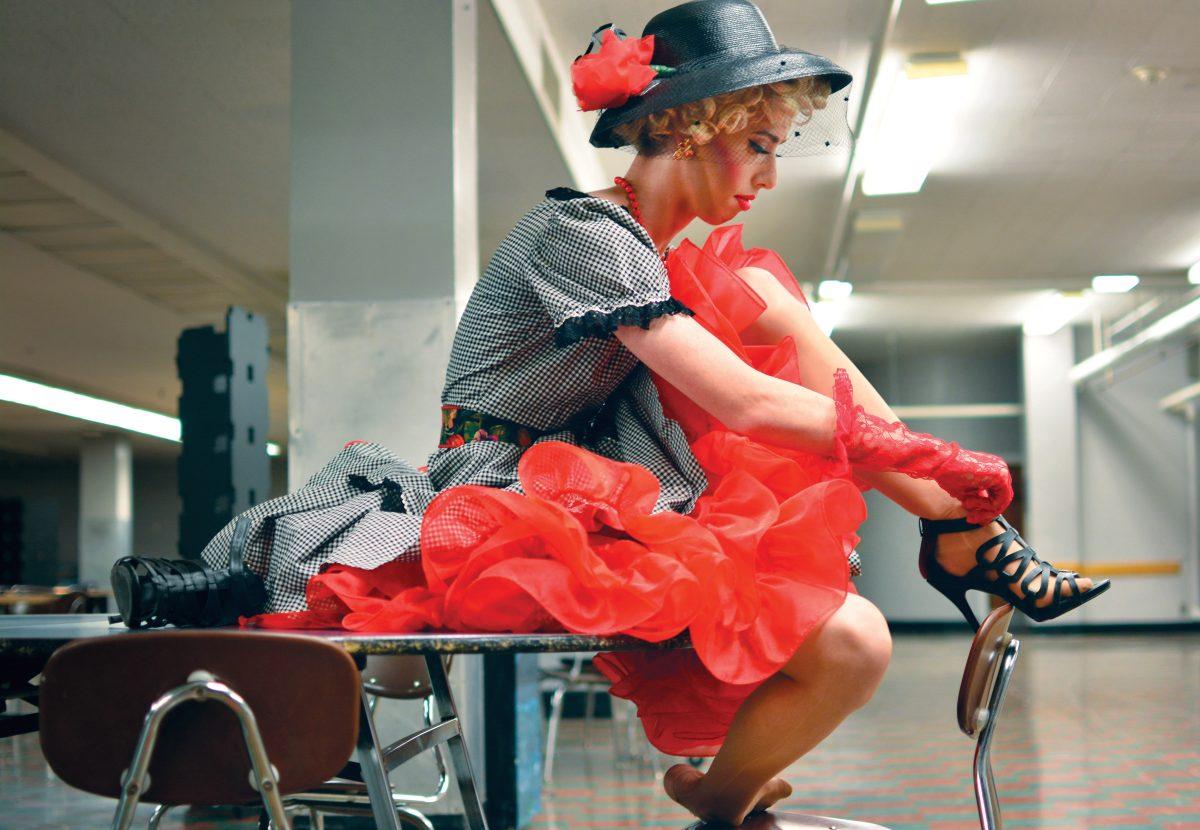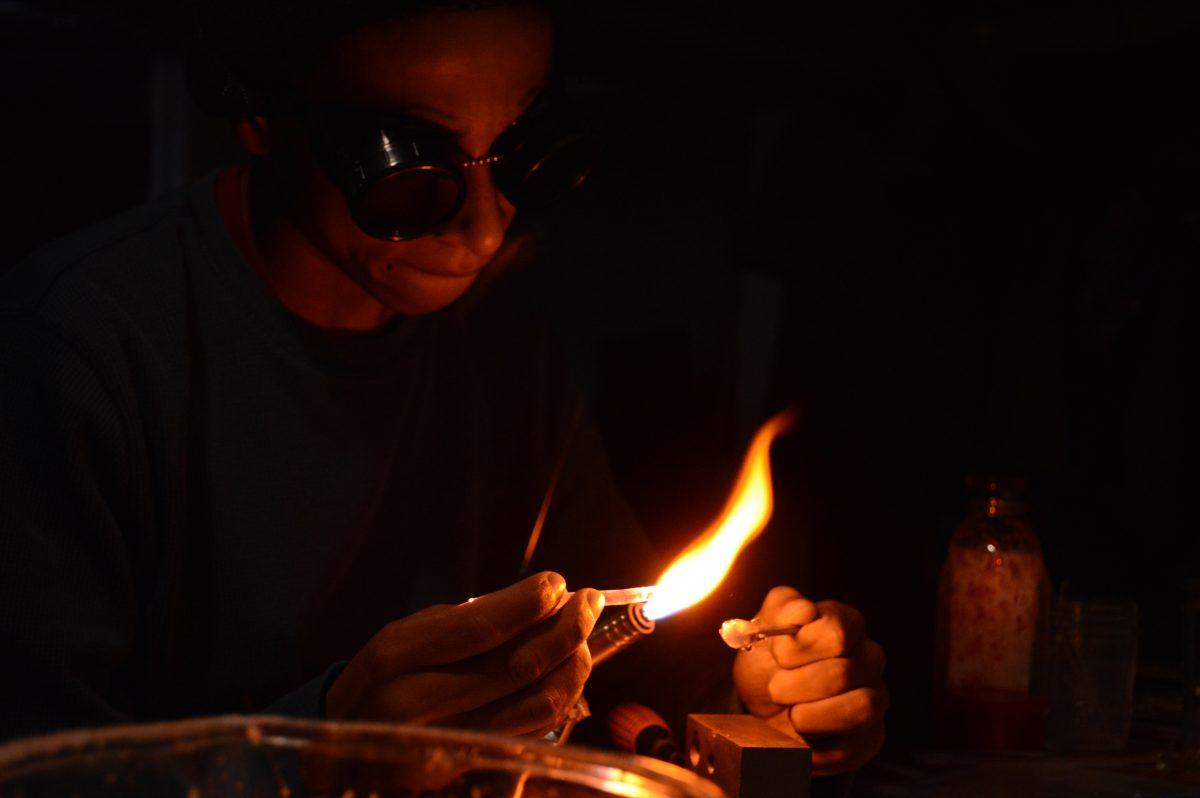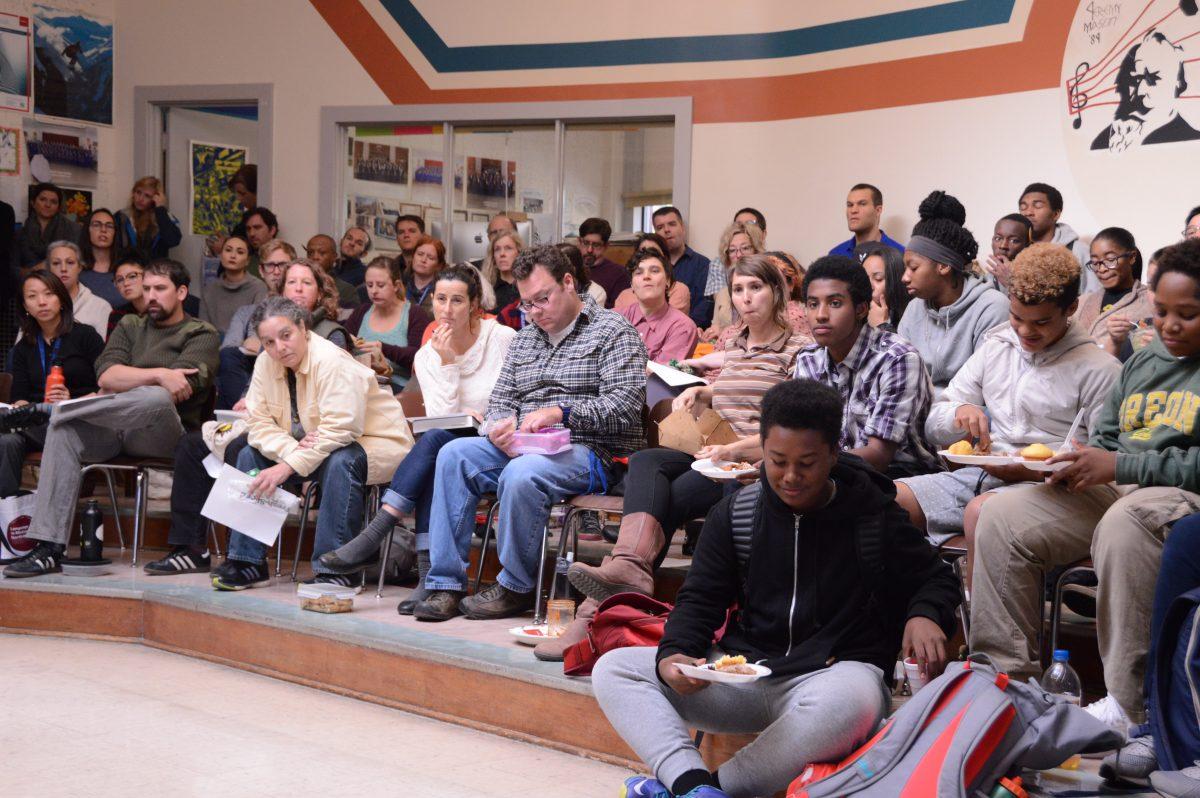
The bell rings and I walk out of Ethan Medley’s physics class, a place where I am one of only two African-American students. I walk to Center Hall and shake hands with every friend I see as I head to a Black Student Union board meeting.
I know all these people. I’m comfortable around them because we’re similar. We attend the same school, eat the same food, for the most part live in the same neighborhood, and we’re also statistically six times more likely to go to prison than everyone else standing in Center Hall.
After entering BSU advisor Karl Acker’s room, I feel a sense of calm. It’s one of the few places at school where I feel comfortable. We immediately start planning the student-teacher forum, a discussion-based meeting focused on the cultural differences and experiences of African Americans at Grant. Everyone is anxious to see how the conversation will pan out.
I came to Grant last year from a small, private school as a junior. This place seemed to me to be the most progressive school in Portland. I walked in with a lot of school spirit knowing that I was a part of a community that held a proud legacy.
But I found right away that there were shortcomings. I guess I was naïve to assume it would somehow be a place full of inclusivity and solidarity.
The next day, walking to the forum, I can’t help but hope something, anything, would be said to kickstart a change in the experiences of African Americans at Grant.
Entering the room, I watch as everyone gets seated and it is divided right down the middle – the mostly white staff on the left, black students on the right. The room looks segregated, although no one tells us to sit that way.
Even though the city of Portland is only 6.3 percent African-American, I wonder why the demographics of the staff aren’t proportional to that number.
During the first part of the forum, the conversation centers on how the experiences of African-American students can be improved. But no one seems to get to the root cause for why things need to get better.
Finally, an African-American student pipes up and says he feels black culture, as far as the way we speak, act, and dress, isn’t respected at Grant.
A silence falls over the room. A couple staff members look down while many of the students nod their heads. There is no rebuttal, no clarifying question asked and no comments made about his statement.
At this moment, I look at Principal Carol Campbell to say something to ease the awkwardness from the rather frank, and in my opinion, true statement. She says nothing.
Actually, she didn’t say anything during the forum. I expected her to voice her opinion, with her being the leader of the school, to say something about how things could be improved or what steps are currently being taken. But nothing is said.
History teacher Russell Peterson then asks a question: “How many times in your experience at Grant so far have you had classes in which your culture has been an explicit part of the curriculum?”
A couple of kids raise their hands. Margarett Peoples, who teaches special education and is the only African-American teacher at Grant, follows up with: “All those in African-American Lit or Living in the U.S. put your hands down.”
All the students put their hands down.
This leaves me in awe, but it is by no means shocking. Honestly, I don’t know why I have such a reaction to it. It’s something that every student in the room knows. But until you have something like that physically proven to you with a show of hands, it doesn’t hit home.
I spoke with the principal later about her silence during the forum. She said she wanted the attention to be focused on the students. I understand her decision, but I think we all would have benefited from hearing what she had to say. As the leader, she has to set the tone.
I can’t help but wonder why this was the first student-teacher panel focused around the theme of cultural differences and treatment of African-American students. A discussion like this shouldn’t be limited by the 33 minutes of lunch.
As a member of the Grant community, I have a responsibility to try to change this. We all do. To the administration, I request that you do not let the words of my peers fall on deaf ears. If there is no communication between students and staff, we can only assume that things aren’t being done.
I can’t put into words how proud I am of my fellow BSU club members. Through further discussions and action, we can build a community worthy of those rose-colored glasses through which I saw Grant when I first came here. ◊


































